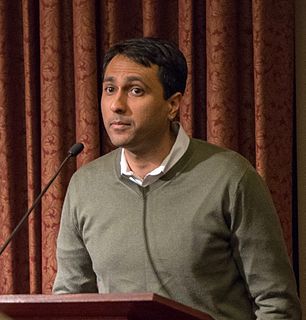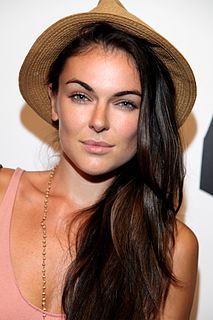A Quote by Yahya Abdul-Mateen II
If you look at the story of 'The Get Down,' it's the story of young people, unknowns thrown together by their resources, trying to create something.
Related Quotes
I was always enjoying the moment. Acting, writing, looking for roles and getting involved with people and trying to create something that would be entertaining to people. With 'E.R.,' we were all very lucky to get this combination of people together in the right story in the right way to take it to the level it has reached.
I never dreamed about being on a hit television series. I've never really related my dreams to that specific of a work goal. I was always enjoying the moment. Acting, writing, looking for roles and getting involved with people and trying to create something that would be entertaining to people. With "E.R." we were all very lucky to get this combination of people together in the right story in the right way to take it to the level it has reached.
I think that people have to have a story. When you tell a story, most people are not good storytellers because they think it's about them. You have to make your story, whatever story it is you're telling, their story. So you have to get good at telling a story so they can identify themselves in your story.
Everywhere I go - from villages outside Kandy, Sri Lanka, to community centers in Amman, Jordan, to offices at the State Department in Washington, D.C. - I find people with a similar story. When thousands of people discover that their story is also someone else's story, they have the chance to write a new story together.
We are trying to communicate that which lies in our deepest heart, which has no words, which can only be hinted at through the means of a story. And somehow, miraculously, a story that comes from deep in my heart calls from a reader that which is deepest in his or her heart, and together from our secret hidden selves we create a story that neither of us could have told alone.
I honestly would tell anyone young to start looking at stories and learning story, because I think that’s the next step after people go, ‘OK, I’ve had enough of that improvisation, I’ve had enough of those short comedy bits. Tell me a story, tell me a more complex story, something that lasts and maybe has a little more meaning to it.’ Don’t ever look at what’s happening now; look at what’s coming next.
Writing something down and processing it, sitting with a text and a story, editing and rewriting new drafts - that entire process helps clarify something for myself. Depending on the person, the act of trying to tell your story helps you understand yourself better, helps you come to terms with something that happened.


































